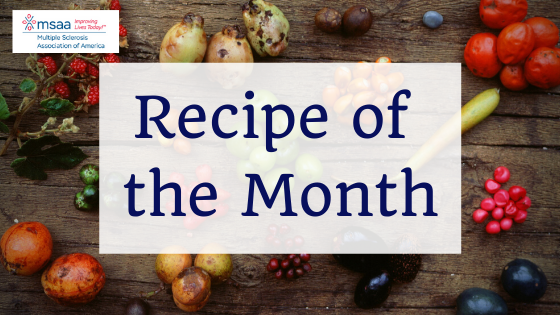By Samuel Fitch
The word advocate means “a person who publicly supports or recommends a particular cause or policy.” But when it comes to self-advocacy, it means something even more personal—speaking up for yourself when no one else can.
As I sit down to write this, I find myself in a unique place. On one hand, I’m celebrating a beautiful milestone: my daughter graduated from ministry school this week. On the other hand, I feel completely worn out. We spent 24 of the 72 hours on the road just getting to and from her graduation, and the exhaustion has caught up with me. Add in the personal demands of life, a career that requires a lot of me, and countless other responsibilities, and it’s no wonder I’m feeling drained.
But here’s what I’ve learned: it’s OK to speak up for yourself. It’s OK to set boundaries with your time. It’s OK to give yourself permission to rest. That is self-advocacy.
And for those of us living with something like MS, self-advocacy isn’t just helpful—it’s essential. After a diagnosis, the floodgates open. Well-meaning friends and family start offering opinions, articles, and advice. But being your own advocate means having confidence in the path you’ve chosen with your medical team. Even in the early days, when things aren’t going smoothly or symptoms don’t seem to improve, you have to trust your team—and yourself.
Being a self-advocate means standing firm in the face of uncertainty. It means honoring your own voice even when your body feels weak. It means saying, “I’m not OK right now,” and knowing that’s a powerful, healthy thing to do.
As I look at the picture of my wife and our four kids on the wall, I’m reminded how blessed I am to have a support system. But even with that support, I’ve learned to listen to my body when it says, “Enough.” And in those moments, I have to speak up—not just for my health, but for my future.
Because sometimes, the strongest thing you can do… is rest.






